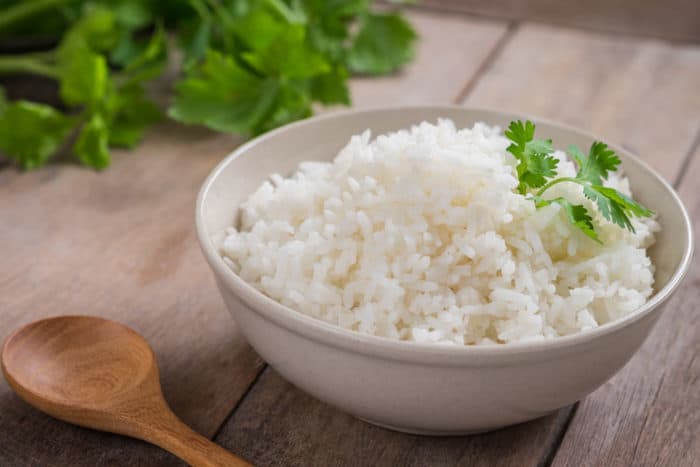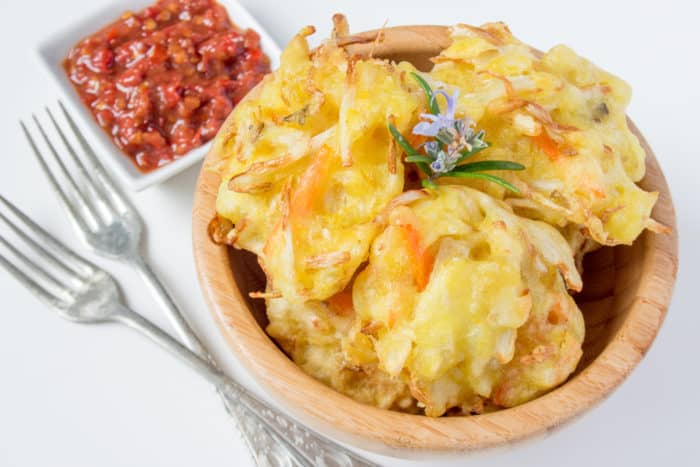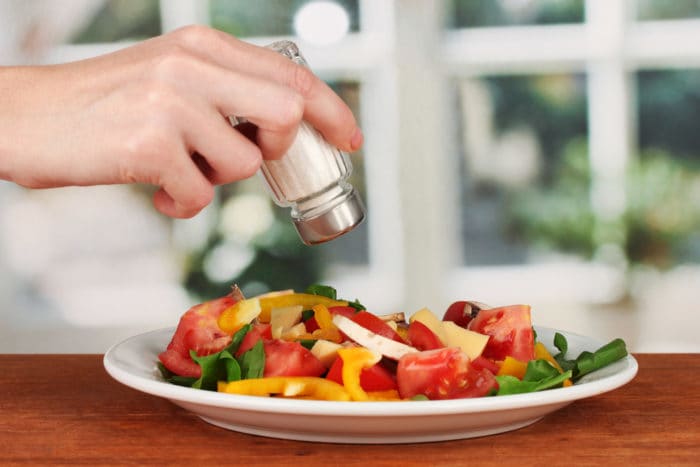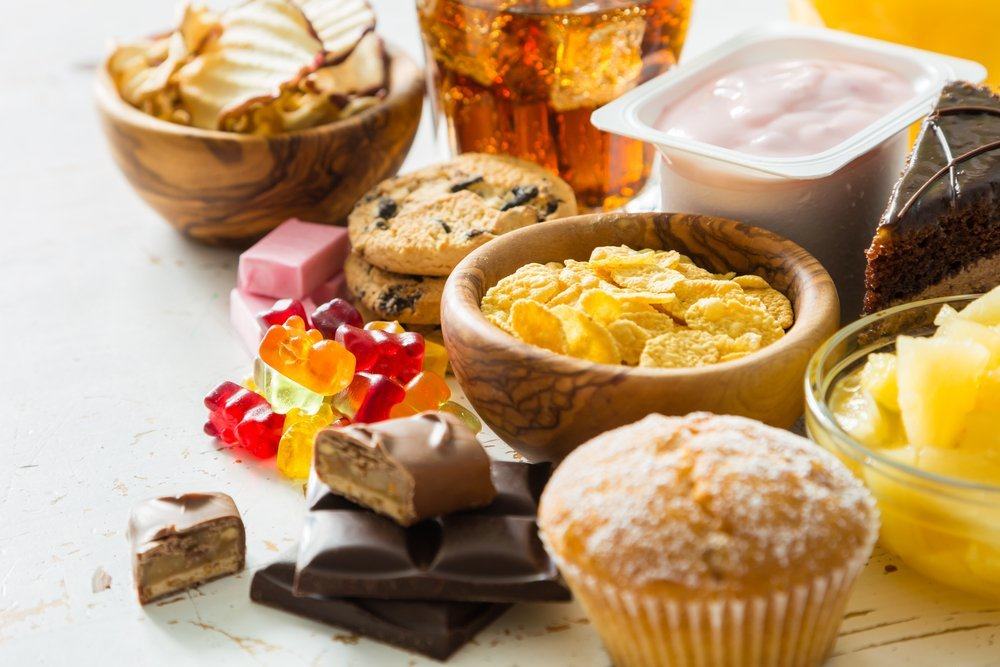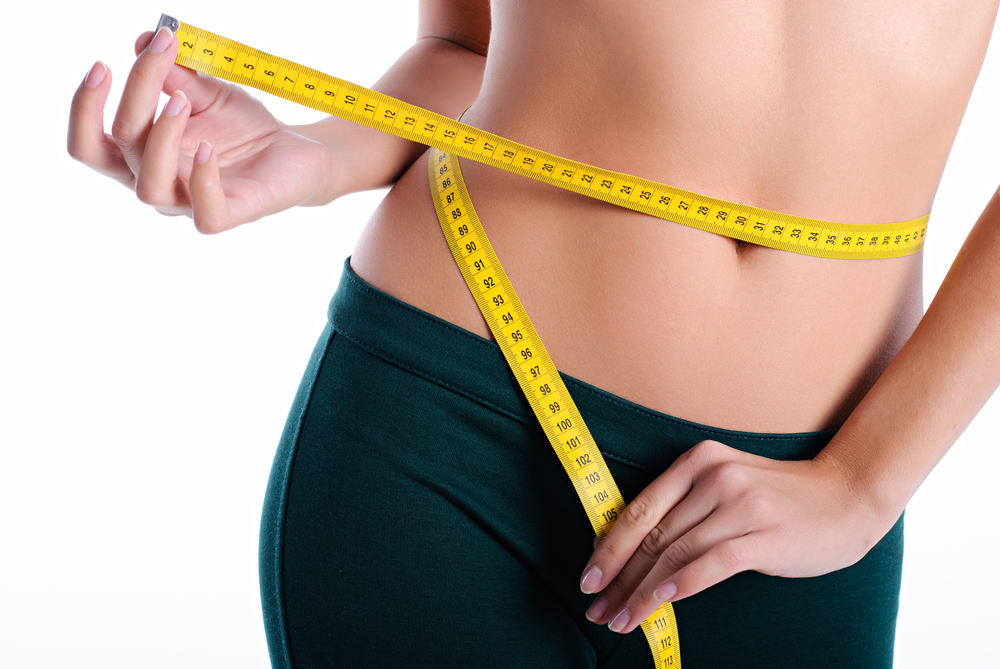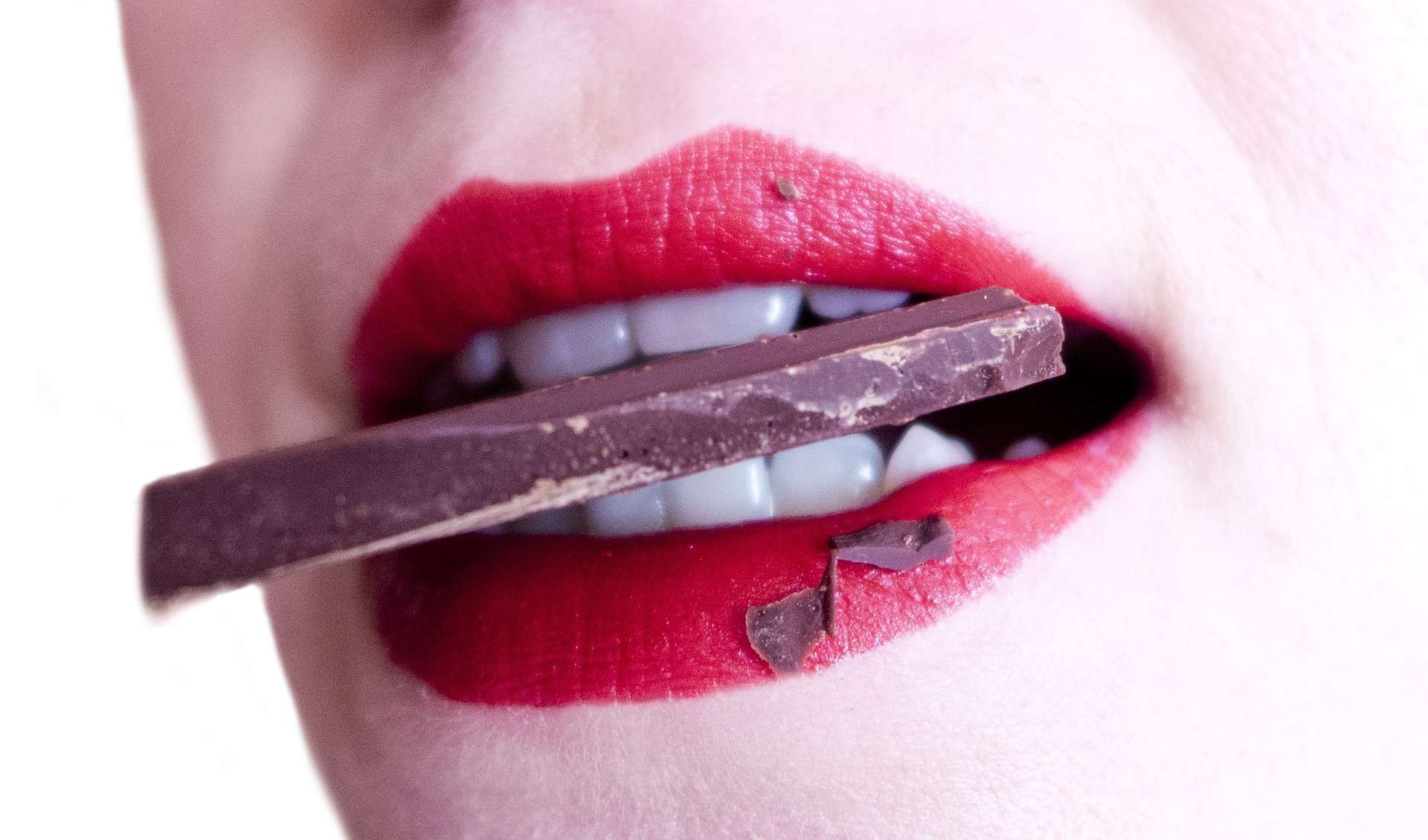Contents:
- Medical Video: Interview 3 Managing blood sugar in people living with Type 2 Diabetes Mellitus
- Types of sahur food for diabetes that must be avoided
- 1. Carbohydrates with high glycemic index values
- 2. Foods high in trans fat
- 3. Foods with high salt content
- Sahur food for diabetes is recommended
Medical Video: Interview 3 Managing blood sugar in people living with Type 2 Diabetes Mellitus
For diabetics, undergoing fasting and maintaining normal blood sugar levels is a challenge. Yes, planning and managing meals during fasting is very important for people with diabetes if they want to control their blood sugar. Therefore, it is important to pay attention to the menu choices that will be served at the beginning of the day, namely at dawn. Because the food you eat at dawn will determine how your body's metabolism works throughout the day. The following are various foods need to be avoided at dawn for diabetes.
Types of sahur food for diabetes that must be avoided
A 2016 study published in the British Medical Journal found that changes in diet during Ramadan can increase the risk of hyperglycemia (high blood sugar levels) or hypoglycemia (low blood sugar levels). So, you should pay attention to any foods that are challenged as a meal menu for diabetes.
1. Carbohydrates with high glycemic index values
Bread, white rice, potatoes, and processed foods are carbohydrate foods that also have a fairly high glycemic index. These foods contain little fiber so that the absorption of sugar into the bloodstream is very fast.
People with diabetes who intend to fast should avoid these types of foods in order to avoid a surge in blood sugar which will have a negative impact on health.
Research shows that foods containing high glycemic index carbohydrates not only raise blood sugar levels but also reduce brain function in people with type 2 diabetes. Choose a diet that contains complex carbohydrates with a low glycemic index such as brown rice with added corn and carrots.
2. Foods high in trans fat
Trans fat is a bad fat that can increase cholesterol levels in the blood. Although trans fat does not directly increase blood sugar levels, it can increase the risk of insulin resistance.
As a result, good cholesterol levels and arterial function are disrupted. This effect will be very quickly felt by people with diabetes because it is very high risk of heart disease.
Therefore, avoid eating foods that contain trans fat in the sahur menu for diabetes. So, try not to sahur with fried foods such as fried tempeh, bakwan, or fried chicken.
Because, one of the biggest sources of trans fat is cooking oil. Trans fat is also found in margarine, peanut butter, and fast food.
3. Foods with high salt content
Foods that are too salty need to be avoided by diabetics. Salt does not directly affect blood sugar levels. However, if you or a loved one has diabetes, try to limit salt in your diet including the sahur menu.
Intake of salt that is too high can raise blood pressure. People with diabetes, tend to be much easier to experience complications related to high blood pressure such as heart disease, kidney disease, and stroke.
Not only does it increase the risk of disease complications, eating too much salty food in the sahur menu can also make you feel thirsty all day. Therefore, try to limit and avoid the salt content that is too high in food.
Sahur food for diabetes is recommended
Preparing the sahur menu for diabetes is basically easy, just need to pay attention to some of the taboos. The meal menu must contain a nutritional balance to meet your needs throughout the day.
A variety of good foods and is recommended for the meal menu of people with diabetes, namely foods that contain whole grains with some healthy proteins and fats that can help slow digestion and help satiety last longer.
In addition, you can also eat snacks as additional foods that are rich in fiber, minerals, vitamins, and that are not less important to have a low glycemic index. Not only the food menu, meal time is also important to note.
Try to eat sahur near the time of prayer, not in the middle of the night. This will help keep glucose levels more balanced throughout fasting.


